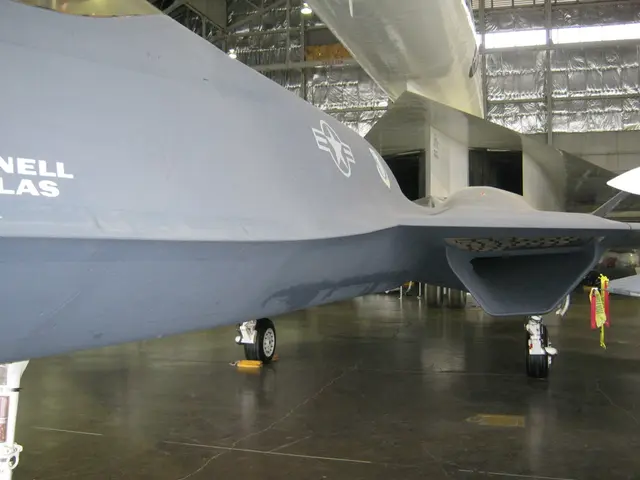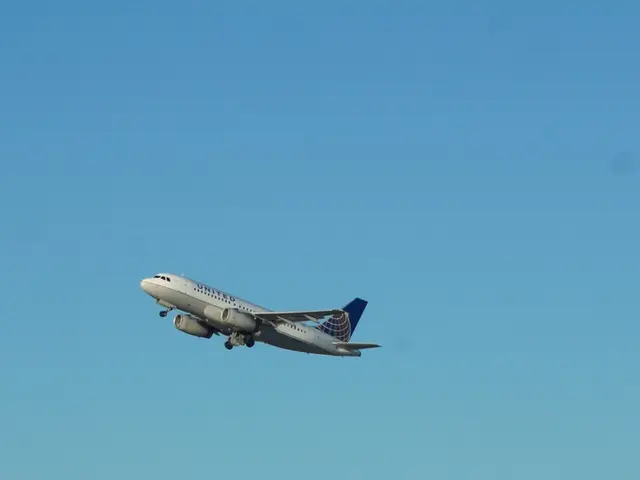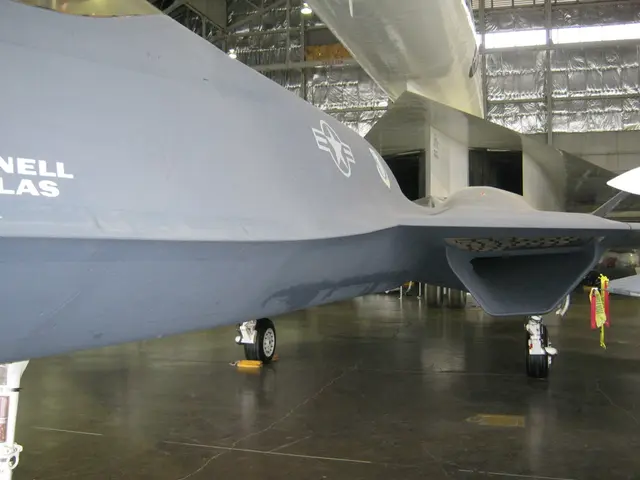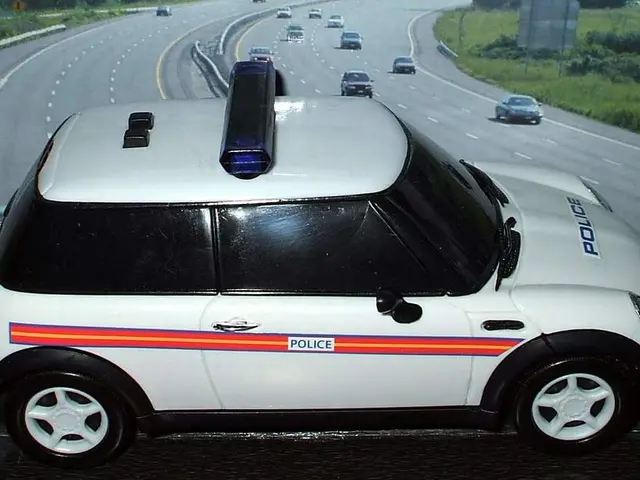Airline Industry's Whine Over SAF Shortage
By Lisa Schmelzer
Expressing frustration won't yield solutions
The New Year brought the German airline industry a familiar tune - complaining about a competitive disadvantage. This time, it's all about the mandatory refueling of sustainable aviation fuel (SAF) that kicked off on January 1, as part of the EU's "Fit for 55" climate package. This regulation affects all European airlines, and it's estimated to cost flights departing from Germany around 300 to 400 million euros annually.
But here's the catch - it's not about higher ticket prices for the industry. The problem lies in a scarce supply of SAF.
The SAF Saga
Mabanaft, a key SAF supplier, has been providing a HEFA SPK blend (hydroprocessed esters and fatty acids) to Frankfurt Airport since 2025, partnering with Skytanking. This SAF reduces lifecycle CO₂ emissions by up to 80% compared to conventional jet fuel. Major airlines like Singapore Airlines and the Lufthansa Group, among others, have been recipients, with an estimated 1,000 tonnes of SAF delivered at Frankfurt Airport in 2025 under the European SAF Mandate. Mabanaft's network now extends to locations in the UK and Norway, bolstering supply chain resilience in Germany.
However, despite these efforts, the current SAF supply is minimal compared to the global aviation fuel consumption (350 million tonnes in 2023). Under the EU's ReFuelEU Aviation, suppliers must progressively increase SAF blending quotas starting in 2025, with specific targets for synthetic fuels like e-kerosene, which are still in early commercialization stages.
Innovations and Future Prospects
Berlin-based startups like Spark e-Fuels are addressing this issue by optimizing SAF production using renewable energy, with the aim to address intermittency issues in green power usage. Major players are prioritizing hard-to-electrify sectors like aviation, balancing conventional fuel supply with low-carbon alternatives to meet growing demand.
While Germany’s SAF initiatives demonstrate regulatory and corporate alignment, scaling production to meet aviation's decarbonization goals remains a critical hurdle. So, let's stop the whining, and start focusing on finding innovative solutions to this critical challenge.
- The airline industry is lamenting a familiar disadvantage due to the mandatory refueling of sustainable aviation fuel (SAF), a part of the EU's "Fit for 55" climate package.
- The problem isn't higher ticket prices; it's the scarcity of SAF supplies.
- Mabanaft, a key SAF supplier, has been providing SAF to Frankfurt Airport since 2025, reducing lifecycle CO₂ emissions by up to 80% compared to conventional jet fuel.
- Despite Mabanaft's efforts and network extension to the UK and Norway, the current SAF supply is minimal compared to global aviation fuel consumption.
- Berlin-based startups like Spark e-Fuels are addressing the SAF supply issue by optimizing SAF production using renewable energy.
- Major players are prioritizing hard-to-electrify sectors like aviation, balancing conventional fuel supply with low-carbon alternatives to meet growing demand.
- Scaling SAF production to meet aviation's decarbonization goals remains a critical hurdle, and it's time to focus on innovative solutions to this challenge.








